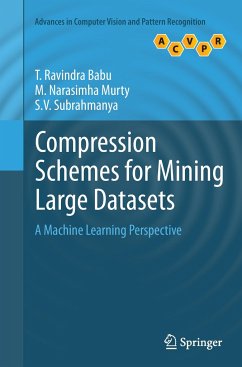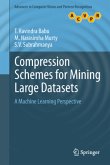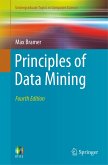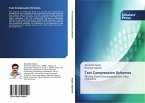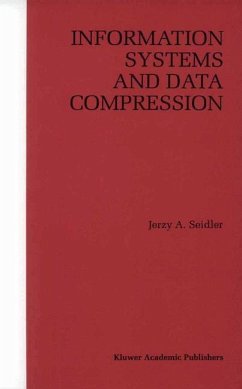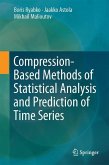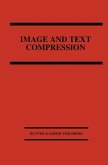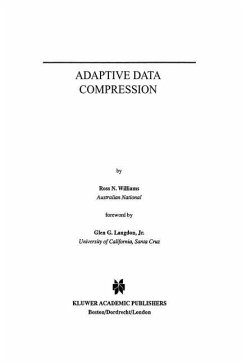This book addresses the challenges of data abstraction generation using a least number of database scans, compressing data through novel lossy and non-lossy schemes, and carrying out clustering and classification directly in the compressed domain. Schemes are presented which are shown to be efficient both in terms of space and time, while simultaneously providing the same or better classification accuracy. Features: describes a non-lossy compression scheme based on run-length encoding of patterns with binary valued features; proposes a lossy compression scheme that recognizes a pattern as a sequence of features and identifying subsequences; examines whether the identification of prototypes and features can be achieved simultaneously through lossy compression and efficient clustering; discusses ways to make use of domain knowledge in generating abstraction; reviews optimal prototype selection using genetic algorithms; suggests possible ways of dealing with big data problems using multiagent systems.
Bitte wählen Sie Ihr Anliegen aus.
Rechnungen
Retourenschein anfordern
Bestellstatus
Storno

